Ebben a hónapban, a közönség képernyőzhet Gyökerezés a Planet Classroom Networkön.
Gyökerezés is a compelling short documentary by Jonah Elias that tells the inspiring story of Mr. Loi, a farmer from Da Nang, Vietnam, who takes a stand against the norm in his community and adopts organic and chemical-free farming practices.
The film showcases Mr. Loi’s unwavering determination to cultivate clean produce and inspire others. With ‘Healthy Farms’ támogatás, his mission brings clean farming practices to his city, an inspiring example for the environment.
A Global Search for Education is pleased to welcome Jonah Elias.
Jonah, what inspired you to make a documentary about Mr. Loi and his organic farming practices in Da Nang, Vietnam? What were some of the biggest challenges you faced while filming Gyökerezés, and how did you overcome them?
Our crew was guided by the local changemaker, Healthy Farm, who brought us to the farm for the first time to meet Mr. Loi and the rest of the farmers in his co-op. The biggest challenge we faced really was the interesting details about Mr. Loi and his friends’ personal lives that we wanted to share. Lényegében, we didn’t want to leave any of it out, because the content was so rich and interesting. These people lived the hardest lives, working for extremely little, and they were the happiest people I’d ever met. Their perspective on life was worth so much, yet we had a narrative to follow and we needed to tell the story that we had chosen to tell in the best format possible, which meant excluding those details.
Was there anything you learned from Mr. Loi’s story that changed your perspective on produce consumption or local farming?
I really was going into this documentary with very little knowledge of produce consumption or the farming habits in Danang so the experience was extremely valuable to understand, and to see the level of effort that goes into producing the fruit and vegetables that we eat. It definitely made me more aware of what I was putting in my body.
Mr. Loi is portrayed as someone who went against the norm in the farming community in Da Nang. Did you consider speaking to farmers who weren’t utilizing or weren’t aware of organic farming techniques?
Természetesen, we spoke to the other people in the co-op. Mr. Loi’s best friend, who we had in the film, presented to us his perspective on it. Really, it was a habitual thing to continue farming the way they had always been farming. Mr. Loi chose to educate himself and learnt those techniques–and he was met with some criticism, egyértelműen. Mr. Loi wanted to do it, but with the others not being so educated they just needed to ask, “why grow produce differently if it will ultimately be sold to the same retailers, and be indistinguishable from everyone else’s?” They didn’t understand the benefits. It was really Healthy Farm who came and gave them a market for organic produce to give the other farmers that boost to also switch, and then they learnt about the benefits gradually afterwards, through their experience handling the produce. They felt healthier, they weren’t getting sick as much etc.
What are you hoping audiences take away from this film?
It’s been almost four years since this film was filmed, and organic farming has grown exponentially in that time. I would say to think about what you’re eating, but I think everyone is doing that more to some extent anyway. Őszintén, I hope my audience sees Mr. Loi and his friend–sees the positivity and the charisma that they both exude, despite their financial circumstances or personal hardships, and just take that positivity into their own lives. I think that is the biggest lesson I learnt from the whole experience, that I try to continue to remind myself as much as possible to this day.
Thank you Jonah!
C.M. Rubin and Jonah Elias
Ne hagyd ki Gyökerezés, most vetítik a Planet Classroom Networkön.

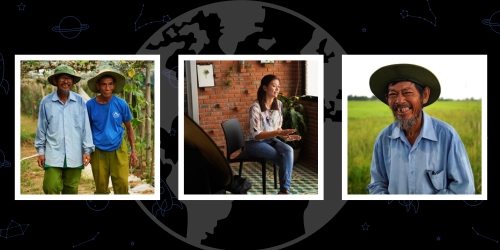
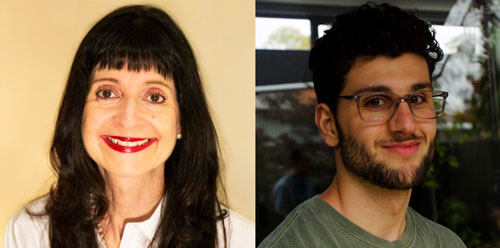
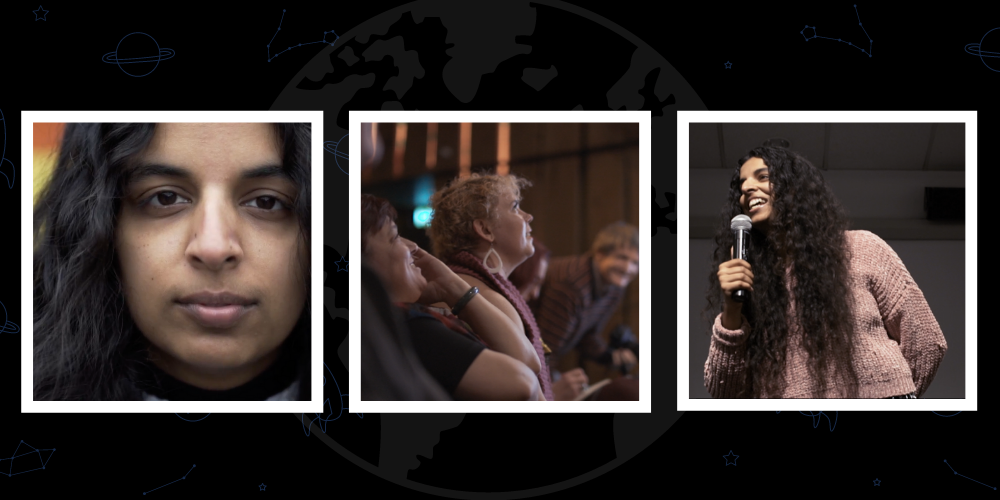

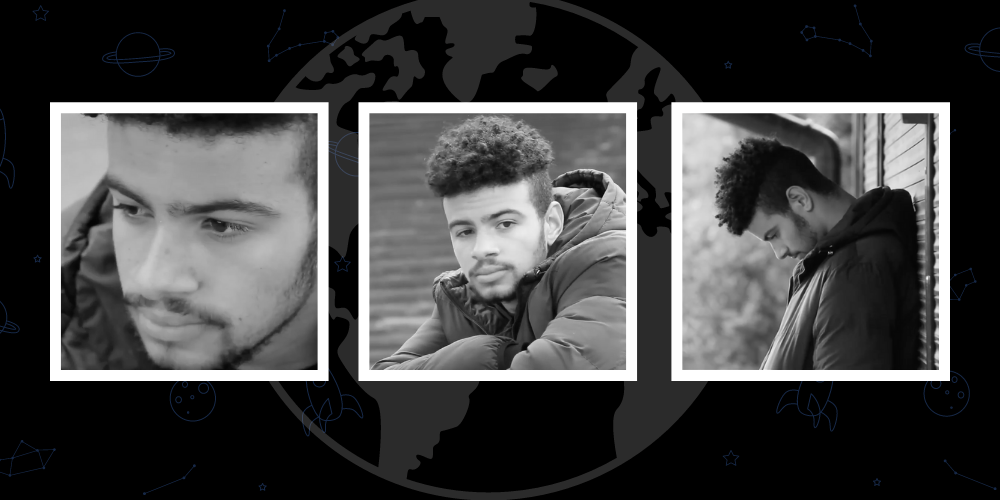
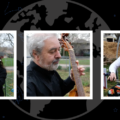
Legutóbbi hozzászólások